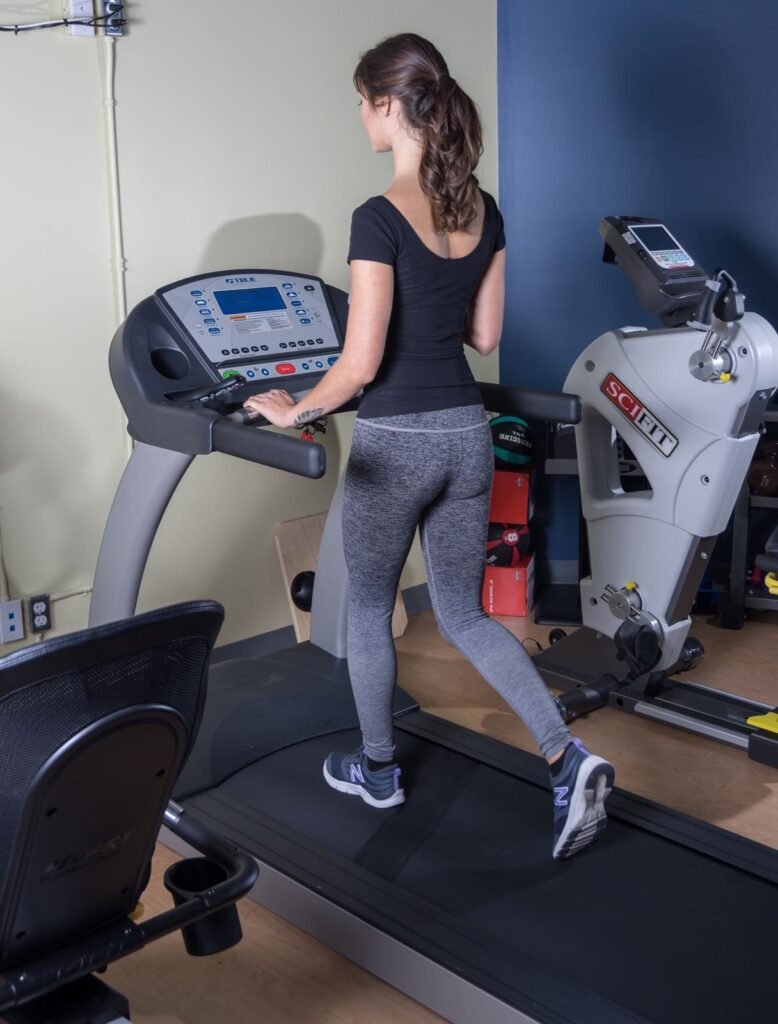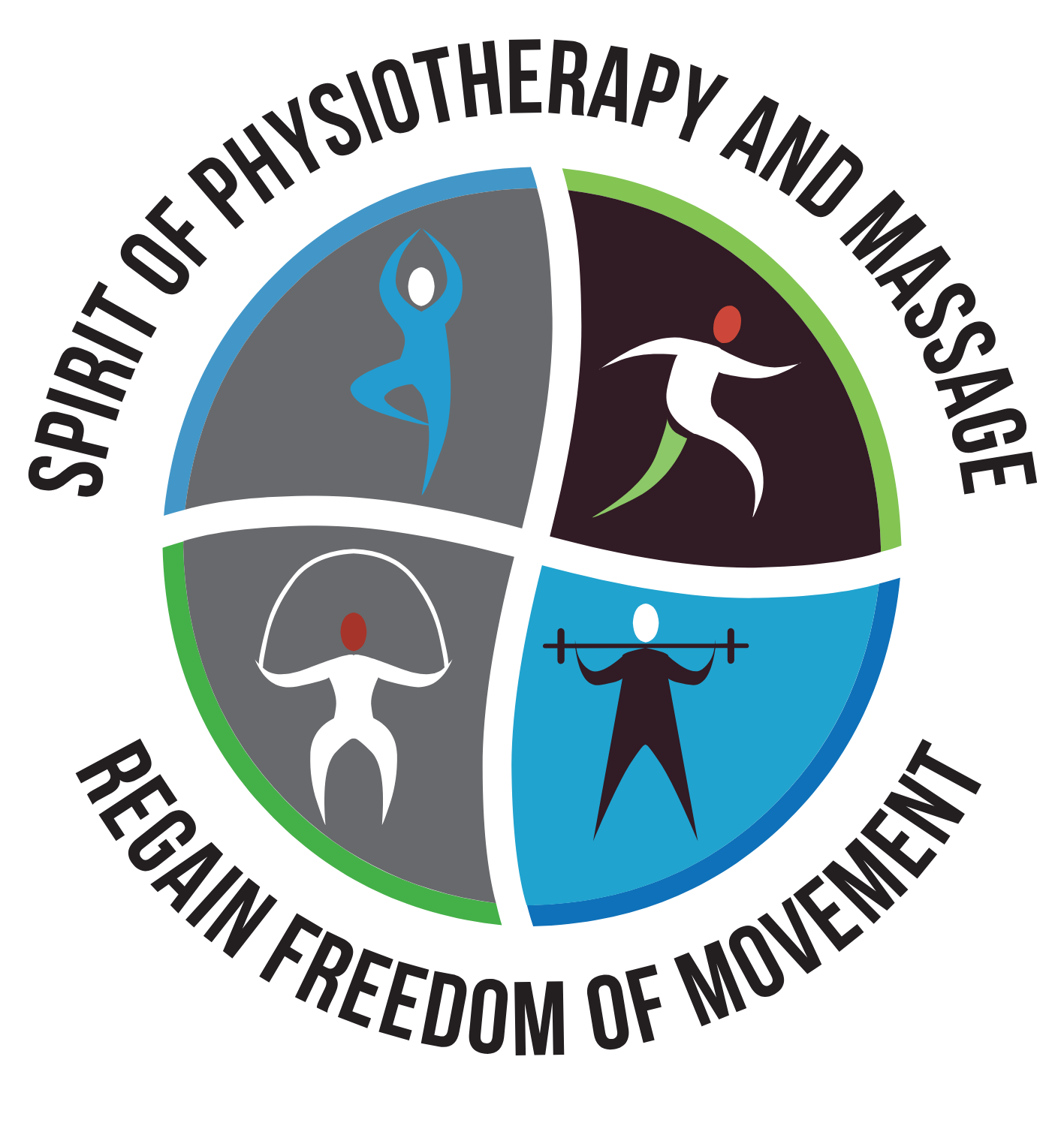PELVIC FLOOR PHYSIOTHERAPY
- Home
- PELVIC FLOOR PHYSIOTHERAPY

What is pelvic floor physiotherapy?
The terms “Pevic floor” and “Pelvic health” Physiotherapy are often used interchangeably to describe a specialized branch of Physiotherapy that uses evidence-based treatments for common conditions within the pelvis such as incontinence, pelvic organ prolapse, and pelvic pain.
You may benefit from pelvic floor physiotherapy if you have any type of pelvic floor dysfunction or if you experience any of the symptoms listed below, which may or may not be associated with childbirth.
The unfortunate truth of the matter is that pelvic dysfunction which may or may not present with pain will limit your daily activities. This condition has the potential to disrupt your daily routines and prohibit you from performing any of the duties or activities that you like doing on a regular basis.
Thankfully, there is a solution to the difficulties you’re having. Pelvic floor therapy helps to alleviate symptoms of pelvic dysfunction as well as enhance muscular strength. Pelvic floor rehab helps to address current discomfort while preventing it from recurring or increasing in the future.
Urinary incontinence/bladder dysfunction/constipation
Pelvic floor rehabilitation will concentrate on strengthening the muscles under your bladder in order to control and eliminate urine incontinence symptoms and bladder difficulties, and constipation A physiotherapist will help you determine the source of your urinary incontinence problem and address it rather than merely treating the symptoms.
Dyspareunia
Pain with intercourse is commonly referred to as “dyspareunia.” According to Healthline, dyspareunia can be defined as: “Dyspareunia is the term for recurring pain in the genital area or within the pelvis during sexual intercourse. The pain can be sharp or intense. It can occur before, during, or after sexual intercourse.” Pelvic floor rehabilitation can loosen and relax the muscles in your pelvic and anal areas, which can help relieve and eliminate constipation.
Endometriosis
Endometriosis is a prevalent disease that affects many individuals. It can damage bones, muscles, ligaments, and nerves in the pelvic region. Thankfully, physiotherapy can help. Pelvic floor rehabilitation, in addition to strengthening the pelvic floor muscles, can help relieve the pain and bloating associated with endometriosis.
Common conditions pelvic floor rehabilitation can help relieve
Pelvic therapy can be used to examine and improve painful intercourse and overall sexual health. A few less frequent problems that can be addressed include pelvic organ prolapse, dyspareunia, and diastasis recti.
- Frequent Urination
- Pelvic Pressure
- Difficulties initiating urination
- Pelvic pain
- Feeling like your bladder is not empty after urination
- Loss of bowel and/or urinary control
- Urine loss on your way to the bathroom
